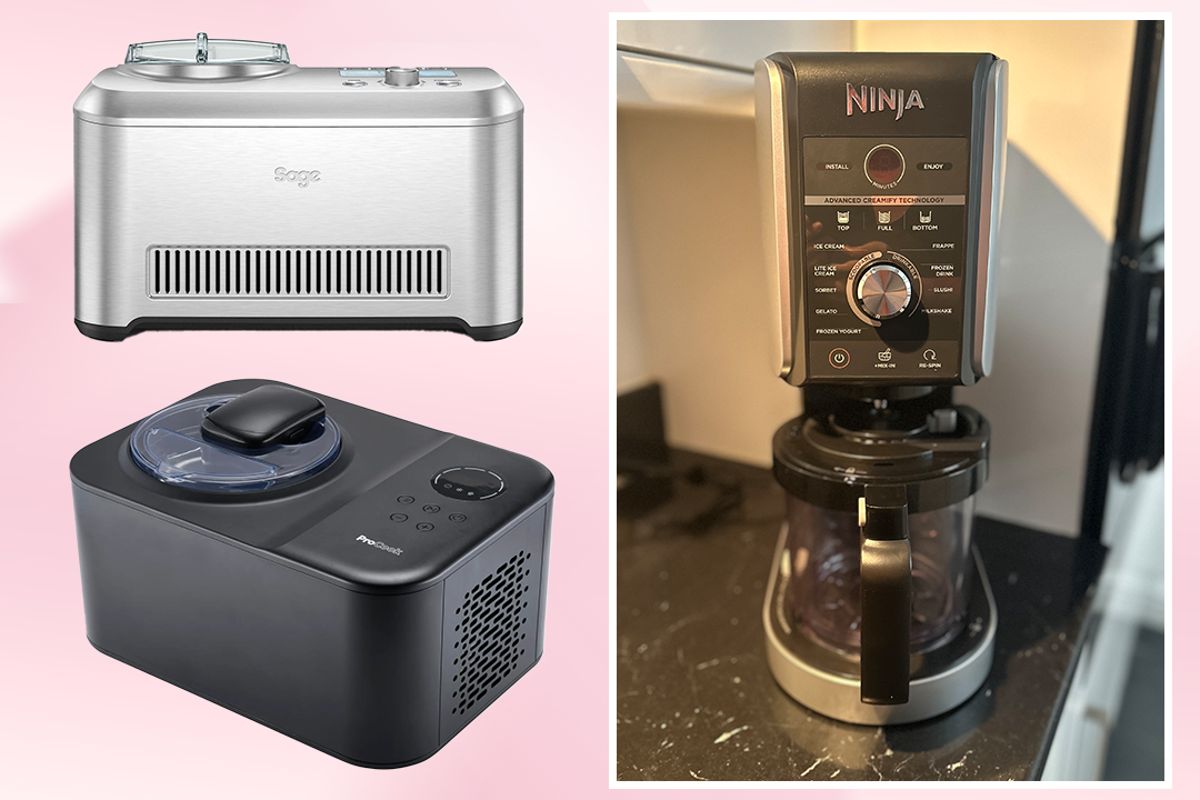3 signs you suffer from ‘hyper-ambition’ (and how to overcome it)

It’s true that personal ambition fuels success. But we can reach a dangerous tipping point when healthy drive becomes “hyper-ambition”—a compulsive cycle of excessive striving that becomes self-defeating.
Unlike healthy ambition that energizes you, hyper-ambition can leave you perpetually unsatisfied, overextended, and grinding to exhaustion. The cost isn’t just personal—hyper-ambition eventually undermines the very professional success it promises.
Here’s how to recognize if you’ve crossed into the danger zone—and take practical steps to realign toward healthy ambition.
1. You Feel Like You’ve Never Achieved Enough and Are Never Satisfied
Are you on a professional achievement treadmill, immediately shifting focus to your next goal after hitting a milestone?
While accomplishments and rewards can provide short-term satisfaction, the challenge to getting into such a rhythm is that you may pursue goals without considering what you truly want. This can catch up to you when you realize you’ve met external expectations but never connected to your internal motivation, leaving you dissatisfied.
Putting all your attention against the pursuit of professional validation can also lead to ignoring key areas of one’s life that affect long-term happiness and well-being, such as your personal relationships, your health, and activities that fulfill and restore you.
To realign to healthy ambition, orient your goals toward internal motivation first—it’s a better predictor of engagement and success. Research has shown that putting attention and focus on personal success linked to fulfillment, satisfaction, and happiness begets external success, while the opposite focus doesn’t hold true.
Start with your values: test if a goal is aligned with what is important and matters to you, rather than solely meeting external expectations. Academic studies have shown that aligning our goals with our values leads to more satisfaction, higher persistence, and more goal attainment.
Expand your ambition to include meaningful life goals and challenge what success truly means in your life. Studies confirm that once our basic needs are met, more income, wealth, or possessions don’t correlate with lifelong happiness. Plus, Gallup research finds that well-being isn’t tied just to career or finances, but also encompasses physical, social, and community well-being.
2. You Feel Constantly Over-Extended and Frustrated You Can’t ‘Do It All’
Do you say yes to every opportunity without strategic prioritization, then feel stretched thin and frustrated by your inability to pursue them all effectively?
This suggests you either think more is always better, leading to overload and overwhelm, or you may not have an approach to help you choose where to put your time and attention when faced with seemingly equally valid goals.
To shift toward focusing on what matters, use strategic methods to make conscious choices. Create and visualize a goal system by identifying your core priorities and mapping how other goals connect. This can reveal if you’re pursuing too much, show how aligned actions serve multiple goals, and reduce perceived friction between supposedly competing goals. You can maximize goal attainment by creating these positive connections, minimizing conflicts, and better understanding trade-offs you may make.
When faced with choices, apply the urgency–energy filter. Ask, “What has urgency, and do I have energy for it?” This reveals several strategies:
- Prioritize: Commit to high-urgency, high-energy ambitions
- Reinterpret: For high-urgency, low-energy goals, find ways to achieve the same outcome with less time and effort
- Postpone: Back-burner lower-priority ambitions
- Let go: With self-compassion, release goals that no longer serve you
Learn to compromise wisely by focusing on what matters at this time rather than trying to do everything.
3. You’re Grinding Hard All the Time Without Recovery
How often do you find yourself compulsively working, putting in excessive hours without recovery time, leaving you exhausted?
Operating in a persistent high-performance mode leads to unproductive stress, causing your physical and mental health to suffer. Ironically, your productivity declines and your work suffers, too.
To break this pattern, be strategic about managing your effort and prioritizing recovery.
Our ambitions aren’t created equal. Be discerning about the effort put against your goals by asking three key questions:
- Aspiration: How good do I want to be at this?
- Determination: What is worth the hard work?
- Motivation: How much effort do I want to put in and what’s required?
Additionally, manage perfectionism. Be conscious about where you apply excellence and give yourself permission to say “this is good enough” for lower-stakes areas.
Finally, make recovery a leadership imperative. Doris Kearns Goodwin, the celebrated presidential biographer, has said: “The most underappreciated leadership strength is the ability to relax and replenish energy.” Research shows we paradoxically neglect recovery practices when we need them most. We need a deliberate plan to sustain ourselves for the work that matters and to prioritize time to psychologically disconnect from work.
Sustainable success comes from strategic ambition, not hyper-ambition. The idea that you have to choose between being ambitious and being well is a false choice. The goal shouldn’t be to eliminate ambition, but to keep it in a healthy zone where it energizes rather than depletes you—allowing you to achieve what you really want both professionally and personally.
What's Your Reaction?
 Like
0
Like
0
 Dislike
0
Dislike
0
 Love
0
Love
0
 Funny
0
Funny
0
 Angry
0
Angry
0
 Sad
0
Sad
0
 Wow
0
Wow
0


























































































